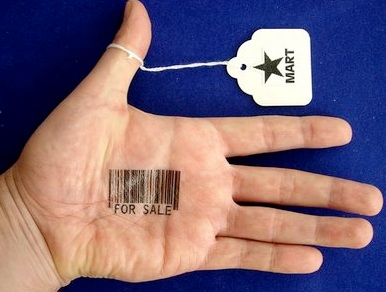The words “human trafficking” often conjure images of dark, grungy alleys in countries such as India and Thailand. Though awareness is growing, the 100,000-300,000children that officials estimate are forced into prostitution each year are often not regarded as trafficking victims, though legally defined as such by the federal Trafficking Victims Protection Act (TVPA), because the laws in some states fail to specifically criminalize domestic minor sex trafficking.
That is why Shared Hope International launched the Protected Innocence Initiative. The Protected Innocence Initiative is the first proactive study to effectively combat domestic minor sex trafficking by analyzing and grading six areas of law within every state’s legal framework. The first area of analysis under the Protected Innocence Legislative Framework is criminalization of domestic minor sex trafficking. Under this component, we are analyzing and grading every state’s law on it ability to specifically criminalize domestic minor sex trafficking and define minors used in commercial sexual exploitation or prostitution as human trafficking victims. Click here to learn more about this component.
One young girl, Kelly, spoke out about her sex trafficking experience in Virginia saying, “I carried around guilt that I thought I was a prostitute. I thought that I had made the decision. I didn’t really understand that someone had taken advantage of me and manipulated me.” Kelly was forced into the sex industry by a pimp after she ran away from home. However, despite being trafficked at a young age and finally seeking help, Kelly’s pimp could not be charged with sex trafficking of a minor because the state does not currently have any law directly criminalizing domestic minor sex trafficking.
 Stories like Kelly’s have become all too common in today’s society. Through the Protected Innocence Initiative, Shared Hope International seeks to help victims like Kelly by making sure the laws properly criminalize domestic minor sex trafficking.
Stories like Kelly’s have become all too common in today’s society. Through the Protected Innocence Initiative, Shared Hope International seeks to help victims like Kelly by making sure the laws properly criminalize domestic minor sex trafficking.
In order to truly make a difference, American’s must realize that sex trafficking is not some far off phenomenon, but a reality within our own borders. Sex trafficking happens within every state and every city. To combat this, each state must work to strengthen or create legislation to criminalize domestic minor sex trafficking. It is only through these efforts that one day America will escape the horrors of modern day slavery and be able and call itself “The Land of the Free.”






